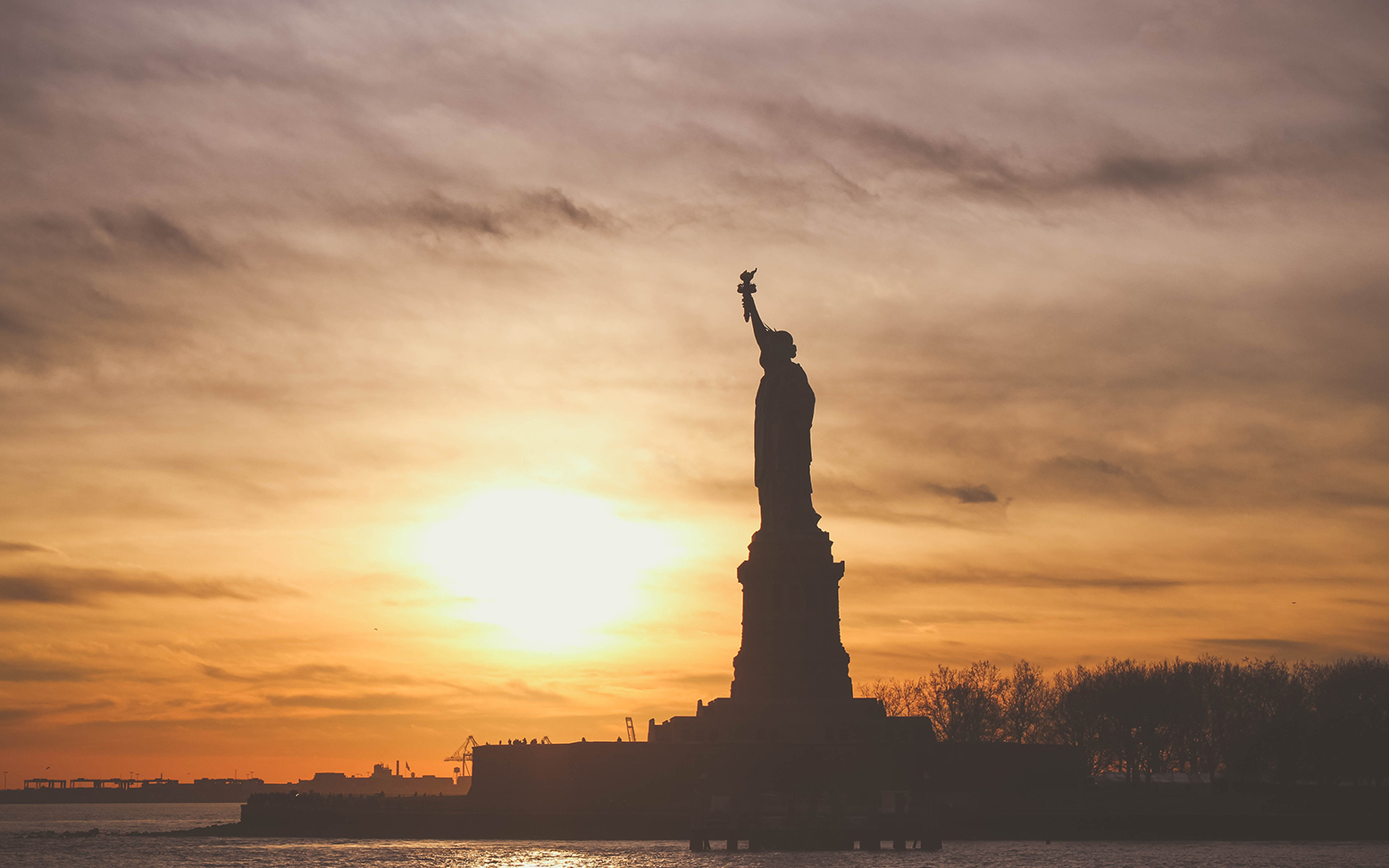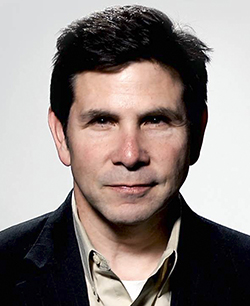Activist atheists (such as David Silverman, president of American Atheists) have organized rallies, purchased billboards, and hit the media circuit in campaigns to erase knowledge of God from America’s consciousness for decades. Christians of all strata can no longer ignore the reality that such secular activists are intentionally undermining constitutionally protected rights of free speech and of religious expression.
Activist atheists are using media and politics to demand a seat at the cultural table. But why, when from our founding, the table’s guest of honor has been God?
From the writings of our founders to the brilliant words of Dr. Martin Luther King Jr. to President Bill Clinton’s Religious Freedom Restoration Act of 1993, astute thinkers have recognized that God and biblical morality are part of America’s DNA of freedom. It works like this: The Judeo-Christian worldview acknowledges God as the source of moral reality. Because man is made in the image of God, each person possesses inherent worth, value, purpose, and dignity. Each person has God-given rights, and because of their divine origin, our founders called them inalienable. Translation: Man can’t take them away and should not try.
Therein lies an irony: The Judeo-Christian worldview that birthed America provides a context for atheists to safely live in a state of unbelief. But there is not an inherent right to be shielded from encountering things with which you don’t agree. If an atheist doesn’t want to believe in God, fair enough, he doesn’t have to. But a David Silverman or a Michael Newdow should not attack and undermine the very milieu that gives them the freedom to safely live in their state of unbelief. When such activists use political and legal leverage to remove crosses that have been in veteran’s cemeteries for decades or to see all postings of the Mosaic Decalogue eliminated one by one, they are seriously undermining the context of freedom in which Americans trusted for 230+ years.
But the telling of American history, according to atheists like Silverman, is that this nation has been a strictly secular, humanistic, and godless endeavor. But who is right? The 21st-century secularists groping for relevance by seizing any and all media opportunities? Or men like Fisher Ames, writer of the First Amendment, who desired that the Bible be taught in public schools because it was an effective vehicle for teaching morality to young people? Isn’t it interesting that activist atheists seem to know more about the application of the First Amendment than the man who wrote the First Amendment?Atheists say that it is time for their voices to be heard. But just what might that message be? What meaning, purpose, or transcendent mandate do the atheists have to share which humans must hear in order to better the condition of mankind?
Don’t care for God? Fine, no one is forcing you to believe anything. But please don’t erode the very culture that gives you the freedom to disbelieve.






